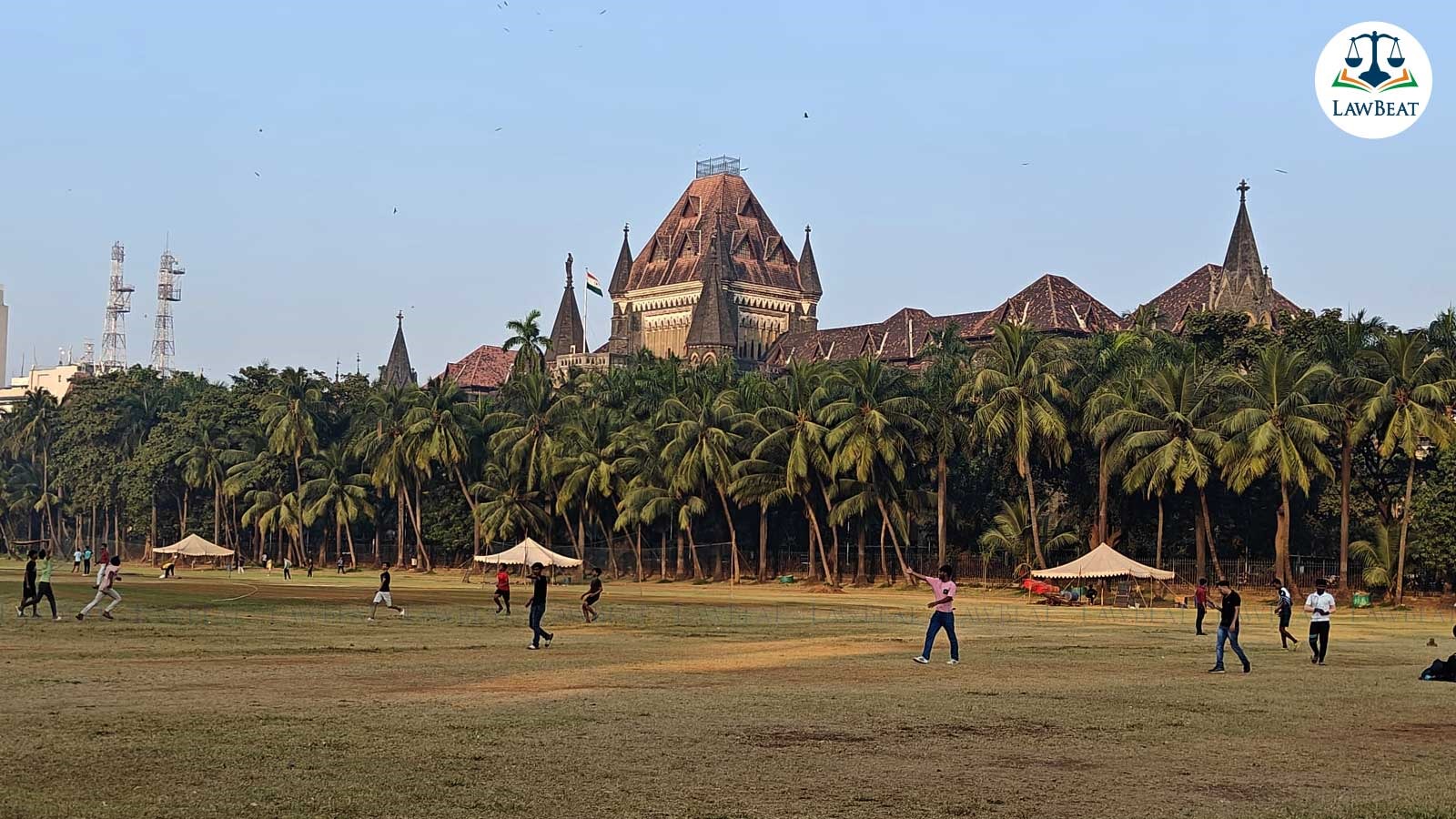Cleanliness For One Class of Citizen Cannot Be Achieved By Engaging Slavery of Other: Bombay HC

The workers claimed that most of them were from marginalized communities and did not have access to social benefits like health and medical insurance. They also contended that some had been engaged in the said job since 1996
The Bombay High Court recently directed the Municipal Corporation of Greater Mumbai (MCGM) to declare 580 sweeping and cleaning workers as permanent employees while observing that cleanliness for one class of citizens cannot be achieved by engaging in the slavery of others.
“The anxiety to find innovative ways to maintain a clean city can be understood, but in a welfare state, cleanliness for one class of citizens cannot be achieved by engaging in ‘slavery’ of the others. These 580 workers, working round the year, provide the foundation on which the City functions,” the court said.
A single judge bench of Justice Milind Jadhav was hearing an appeal filed by the MCGM against the order of the industrial tribunal directing MCGM to declare permanent jobs for the 580 workers and extend all benefits to them.
The workers union, Kachara Vahatuk Shramik Sangh, had sought them to be declared as permanent employees. These workers are responsible for sweeping, cleaning, and picking up garbage in Mumbai.
The workers claimed that most of them were from marginalized communities and did not have access to social benefits like health and medical insurance. They also contended that some had been engaged in the said job since 1996.
The high court, in its order, stated that the workers were working round the year, and setting aside the award of the tribunal would be a travesty of justice.
“These 580 workers, working round the year, provide the foundation on which the City functions. Instead of acknowledging this importance and giving them stability of permanent tenure to improve their living conditions, the Corporation, a public body, has taken advantage of its dominant position to exploit this lowest strata of the community, disregarding various welfare measures suggested by the State. In the circumstances, setting aside the award in the equity jurisdiction of this court will be a travesty of justice,” the court said.
While rejecting the MCGM’s plea challenging the award of tribunal, the bench said many workers get injured on duty while handling the garbage, develop illnesses, and are left to fend for themselves, with almost no medical care. The bench further said,
“They have to manually remove excrement, rotting animals, ride on the trucks carrying garbage, rotting carcasses. These workers work throughout the year, barring four days. One does not have to go through years of such sub-human existence to complain of exploitation. The various ameliorative measures contemplated by the State for this class, their extreme backwardness tied up with the caste system, the lowly menial work they are forced to engage into by a public body which is bound to follow the ideals of the Constitution of India, makes the case of the concerned workers sui generis and cannot be compared to any other contract labour dispute,” the order reads.
Case title: Commissioner MCGM vs Kachara Vahatuk Shramik Sangh
